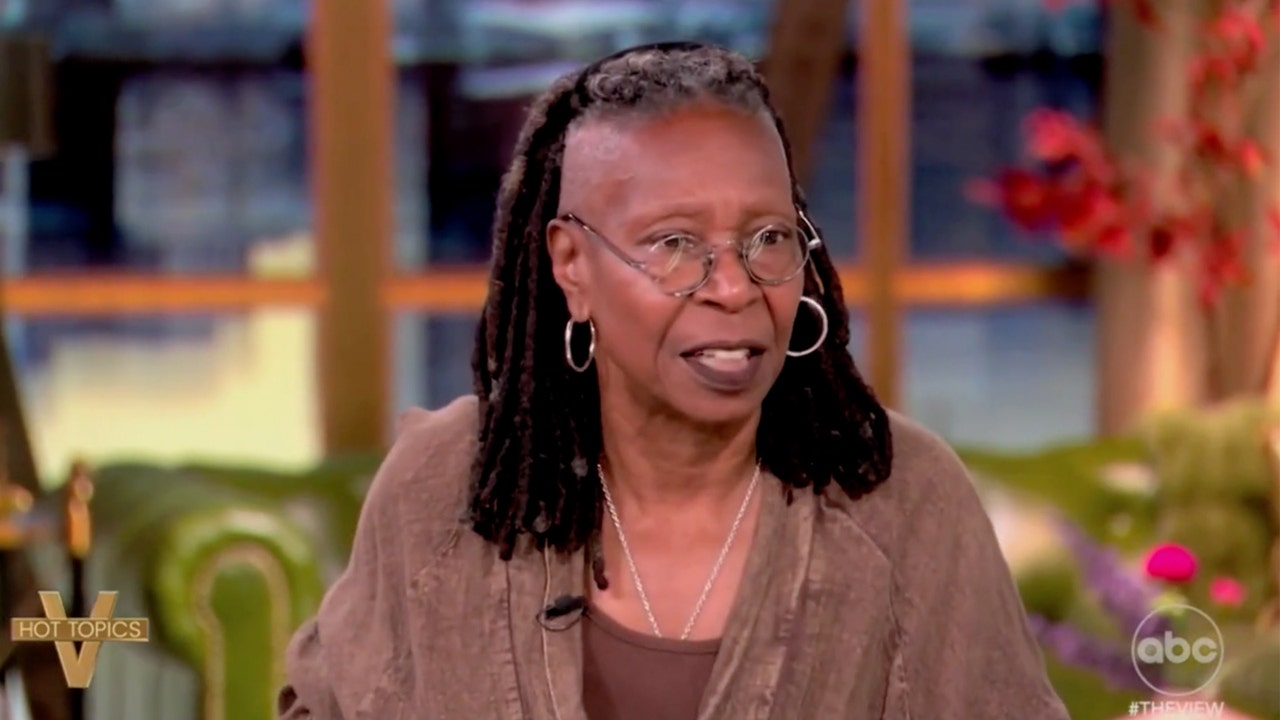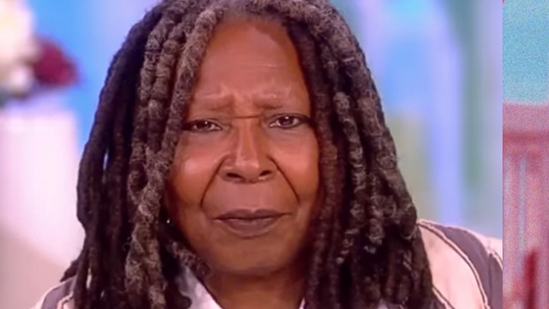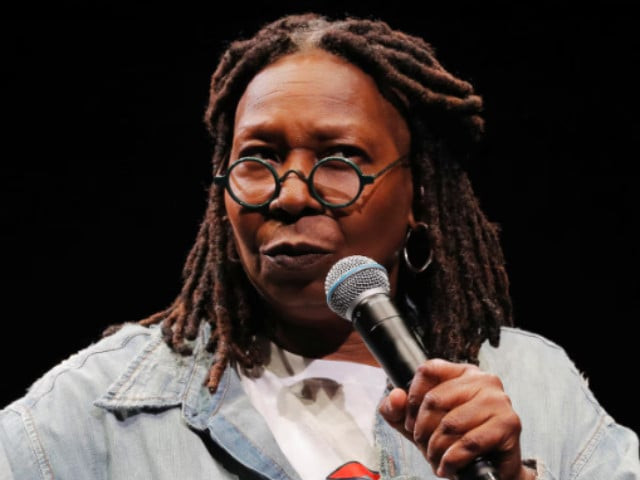Whoopi Goldberg Rebuked by Iranian Dissidents for Comparing Life in the US to Iran

During a recent episode of “The View,” co-host Whoopi Goldberg ignited a significant controversy after asserting that the experiences of Black Americans in 2025 are akin to living in Iran under a repressive regime. This statement provoked a heated exchange with fellow co-host Alyssa Farah Griffin, who vehemently contested Goldberg’s claims by citing the numerous brutal human rights violations inflicted by the Iranian government, such as the repression of women and the execution of LGBTQ individuals.
Criticism from Iranian-American Voices

Dr. Sheila Nazarian, an Iranian-American surgeon who fled Iran in the 1980s, publicly condemned Goldberg’s comments as misguided and offensive. She underscored the stark differences between facing racism in the United States and enduring the oppressive conditions imposed by a totalitarian regime in Iran, where mere dissent can lead to imprisonment or even execution. Nazarian emphasized that while racism exists in the U.S., the freedoms afforded to its citizens, including the ability to voice dissenting opinions and criticize the government, highlight a crucial distinction.
Moreover, Dr. Nazarian expressed how individuals in Iran do not enjoy these liberties, and the consequences of speaking out against the government can be dire. The stark reality of life in Iran, characterized by fear and oppression, is not comparable to the experiences of Black Americans, according to her perspective. This sentiment resonates with many who understand the severe repercussions faced by those living in an environment devoid of basic human rights.
Reactions from Journalists and Activists

Journalist Lisa Daftari also weighed in on the debate, pointing out the irony embedded in Goldberg’s assertions. Daftari highlighted the multitude of freedoms that Goldberg, as a well-known public figure, enjoys in the United States. The stark contrast between her lived reality and the tragedies suffered by Iranians under an authoritarian regime serves as a critical backdrop to this controversial discussion.
Moreover, numerous Iranian dissidents and activists have come forward, reinforcing the notion that comparing the experience of racism in a democratic society like the U.S. to life in a dictatorship like Iran diminishes the struggles faced by those in oppressive regimes. Their voices call for more nuanced and responsible conversations around complex issues of race, governance, and human rights.
The Broader Implications of Goldberg’s Comments

The fallout from Goldberg’s statements reflects broader societal tensions regarding race relations and governance. It underscores the challenge of engaging in meaningful discourse that respects the lived experiences and struggles faced by different communities. This situation is not an isolated incident; Goldberg has, in the past, encountered backlash for controversial comments, indicating a recurring pattern of contentious conversations surrounding sensitive topics in the media.
As the discussion surrounding Goldberg’s remarks continues to unfold, it serves as a reminder of the importance of fostering nuanced conversations. It emphasizes the necessity of understanding the unique contexts and challenges that different communities face, both within the United States and globally. Adequately addressing these complexities is essential in promoting respect and empathy across diverse narratives.
In conclusion, as we navigate conversations about race, governance, and human rights, it’s imperative to approach these topics with sensitivity and understanding. Engaging in constructive dialogue that respects the experiences of all communities will facilitate a more profound understanding and ultimately bring about positive change. For more on this topic, stay updated and engage in the conversation through our platform.

